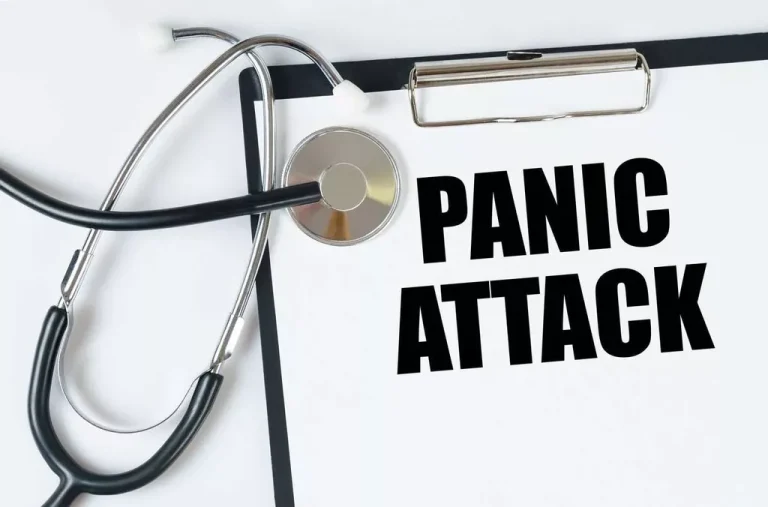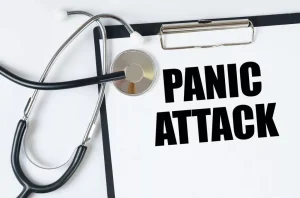
This variability underscores the importance of education and awareness, as recognizing these symptoms promptly can lead to swift action and potentially save a life. When alcohol levels in the bloodstream rise too high, the brain’s functions are severely disrupted, affecting areas that control basic survival functions, such as breathing and heart rate. Teenagers and young adults who drink may be at particular risk for alcohol overdose.
Short-Term Risks
- The effects of ecstasy typically last 3 to 6 hours, although this can vary based on dosage, individual tolerance, and whether it’s taken alongside other substances.
- Do not wait for the person to have all the symptoms, and be aware that a person who has passed out can die.
- It goes beyond typical intoxication and requires immediate medical attention.
- These protections aim to encourage bystanders to take action without fear of legal repercussions.
- Drinking such large quantities of alcohol can overwhelm the body’s ability to break down and clear alcohol from the bloodstream.
These strategies can significantly reduce the risk of alcohol-related harm. Call emergency drug addiction treatment services immediately if you suspect alcohol poisoning. Turn them onto their side in the recovery position to prevent choking if they vomit.
Extreme Binge Drinking

This painful condition can lead to diabetes and other complications. Repeated episodes of alcohol poisoning can have lasting effects on health. Liver disease is a common consequence, ranging from fatty liver to cirrhosis. Severe impairment of basic functions, such as the inability to stand or control bodily functions, indicates a critical level of intoxication. Slurred speech is often one of the first noticeable signs of severe alcohol intoxication.
Drugs
Implementing policies like cutting off service to visibly intoxicated patrons can help prevent overconsumption. Avoid letting them “sleep it off” as their condition may worsen without supervision. The person may attempt risky behaviors or be unable to assess dangerous situations. While MDMA comedown symptoms can be unpleasant, they usually resolve within a few days.
Alcohol Poisoning
MDMA boosts the activity of key brain chemicals—serotonin, dopamine, and norepinephrine 2. Serotonin regulates mood and emotions, while dopamine is responsible for feelings of pleasure and reward. Together, these effects create the high that ecstasy is known for. Recognizing overdose symptoms early and calling emergency services can make the difference between life and death. Quick action is essential, and individuals should always err on the side of caution.
Health Benefits of Cutting Down or Quitting Alcohol
- Over time, repeated use can lead to tolerance, dependence, and withdrawal symptoms upon discontinuation.
- Plan ahead for safe transportation, such as designating a sober driver or using ride-sharing services.
- Unfortunately, the symptoms of alcohol poisoning make it nearly impossible to help yourself if it’s happening to you.
- Choking is a major concern, as alcohol suppresses the gag reflex.
- This leads to rapid increases in BAC and significantly impairs brain and other bodily functions.
Continued use despite negative consequences is a hallmark of the disorder. Weakened immune function increases susceptibility to infections and certain cancers. If the person cannot be roused or appears to be in a stupor, they need emergency care. Check for responsiveness by calling alcohol overdose their name and gently shaking them.
- Alcohol poisoning primarily results from binge drinking, but it can also occur from drinking large quantities of alcohol over an extended period.
- Severe dehydration often results from excessive alcohol consumption and vomiting.
- While MDMA comedown symptoms can be unpleasant, they usually resolve within a few days.
- Know the danger signals, and if you suspect that someone has an alcohol overdose, call 911 for help immediately.
- Letting someone sleep it off is one of the biggest dangers of alcohol poisoning because they can stop breathing due to depressed respiratory functions or choke on their tongue or vomit.
- After the high wears off, people often experience a crash lasting several days.

When oxygen flow is cut off from the brain, you are at risk for permanent brain damage. Seizures are another symptom of alcohol poisoning that can damage your brain. Alcohol poisoning is a serious and potentially life-threatening condition that can occur when someone consumes excessive amounts of alcohol in a short period. It goes beyond typical intoxication and requires immediate medical attention.

If you’ve experienced alcohol poisoning, take it as a red flag that you need help with substance abuse. While you wait for emergency personnel, try to keep the person awake and sitting up. If you can’t keep them sitting up, put them in the recovery position, on their side with their head turned. Healthcare providers can screen patients for alcohol use disorders and provide brief interventions. Public health campaigns can raise awareness about the signs of alcohol poisoning and when to seek help. Community-wide education plays a crucial role in preventing alcohol poisoning.

These impair a person’s ability to seek help or protect themselves. Blood Alcohol Concentration (BAC) measures the amount of alcohol in a person’s bloodstream. It’s expressed as a percentage and typically determined through breath, blood, or urine tests.
